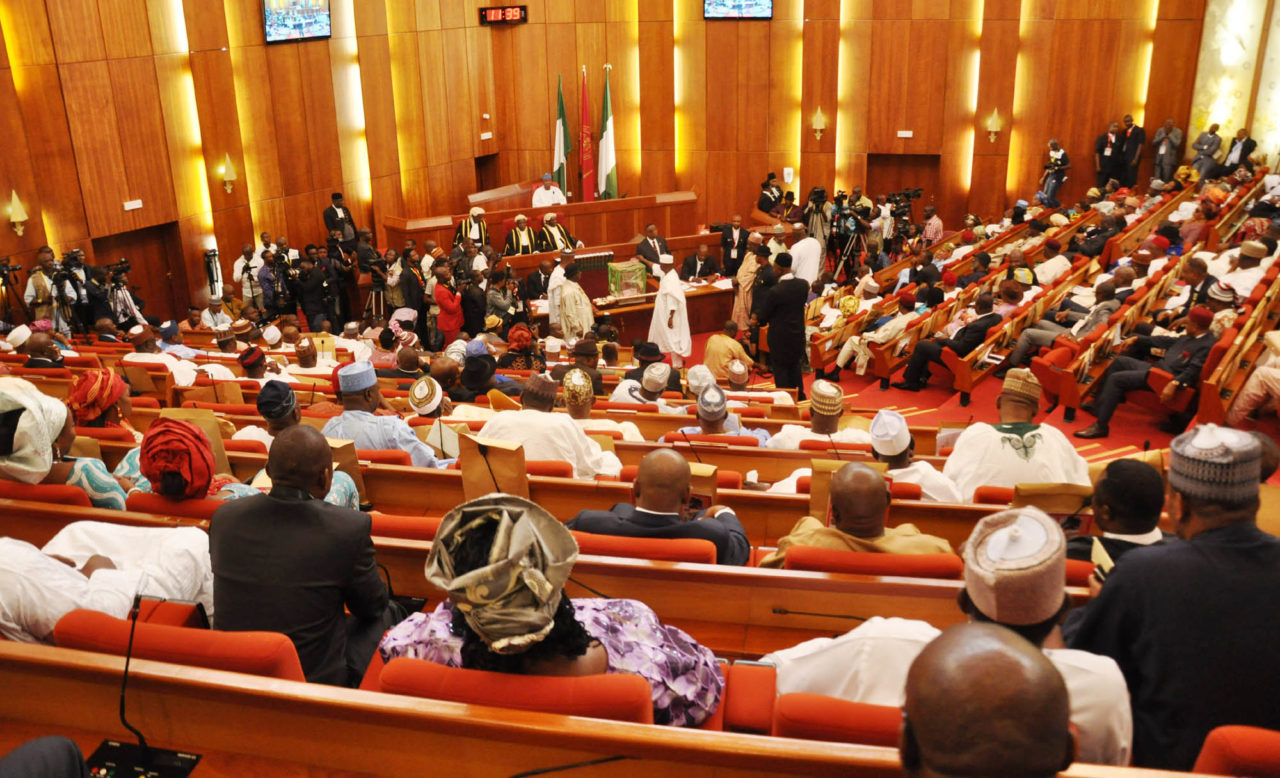POLITICS
10th Senate not rubber stamp – Group

The College of Serving and Former Federal Lawmakers under the aegis of ‘The Initiatives’ has commended the 10th Senate for starting up on a good footing, saying that the upper chamber “is not a rubber stamp legislature”.
The group stated this in contrary to concerns that the senate under the leadership of Godswill Akpabio is going to be an extension of the executive arm of government.
Dean of the Faculty Board of The Initiatives, Eseme Eyiboh, said this in Abuja on Sunday while briefing newsmen on the activities of the senate in the last two months.
He said, “When this particular leadership of the National Assembly emerged, there were rumours that the Senate would be a rubber stamp.
“But the decision so far taken showed that there is a better deal for Nigerians under the leadership of Akpabio.”
Eyiboh said that the decisions taken by the senate on the presidential request for troops deployment to Niger Republic was commendable.
“The first indication of ethical integrity was when Mr President sent a request to the Senate for deployment of troops to Niger Republic, many thought it was just going to be a mere formality.
“But today, we are proud to note that that particular Senate did not only deprive, but contributed immensely by saying that all diplomatic measures be exhausted.”
“The stoppage of the planned hike in electricity tariffs among others showed that the leadership of the Senate was determined to help the executive in ameliorating the plight of Nigerians,” he said.
Other areas Eyiboh commended the senate were when it stepped down the confirmation of three ministerial nominees and the lawmakers’ intervention in resolving recent industrial disputes.
‘We are therefore appealing to Nigerians to give them the benefit of doubt and support the presidency of the Senate under Akpabio to succeed in the interests of all,” he said.
It was reported that The Initiatives is the incorporated trustee of serving and former members of the National Assembly who make public policy interventions to bridge the gap between the leaders and the led.




 Davido's Net Worth & Lifestyle
Davido's Net Worth & Lifestyle 
